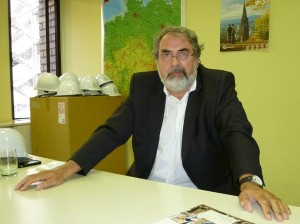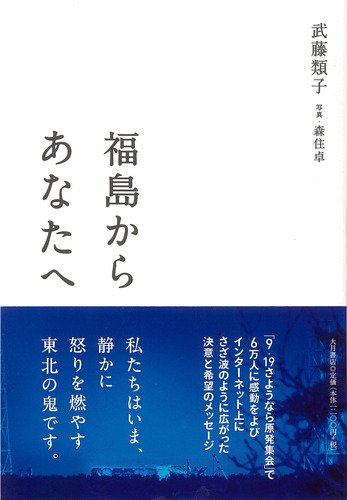Purple Hot Line for Women in Need for Consultation
Let us hear from you.
Purple Hot Line is a toll-free number you can call anytime, anywhere in case you need immediate help as a result of natural disaster, accident, violence, or at time you are faced with overwhelming difficulties or damages.
0120-941-826
You will be connected to someone who will support you and will try to work out your problems together.
Women suffering from the following should call immediately: -
l Receiving physical abuse such as DV, rape, and sexual harassment
l Victims of disasters
(Calls from women who become victims of disasters will have priority. For those are receiving DV, sexual abuse, power harassments can speak with lawyers available to give free consultation)
l Involved in child abuse
l Need consultation on being a sexual minority
l Non-Japanese women in any of the above situation can call on days and time listed below.
(Please refer to the following list for days and time for specified languages)
Tagalog Mon – Thurs 13:00-18:00
English Mon – Thurs 13:00-18:00
Thai Fri & Sat 13:00-18:00
Chinese Wed 13:00-17:00
Korean Thurs 13:00-17:00
Spanish Wed 13:00-18:00
Specialized Consultation
l Legal Matters Tue & Thurs 10:00-17:00
l Single Mother Tue 10:00-21:00 / Thurs 10:00-17:00
We promise you that you will be connected to a supporter!
“Things you hesitate to say face-to-face, we will say them for you”.
Please tell us about your worries and insecurities about specific needs, such as not getting items or the protection you need to feel safe.
If you need a separate tent as a changing room, street lights to feel safer at night, or whatever, we will try our best to contact the department/section in charge of crime prevention for them to deal with the problems.
Email address: saigai@nwsnet.or.jp
Dealing with the Gender Equality Bureau of Great Eastern Japan Earthquake
l Dealing with disaster based on the needs of women and childcare
l For support of victims of Great Eastern Japan Earthquake based on the needs of women and childcare
You can see more on the following URL: http://www.gender.go.jp/saigai.html
Organizer: NPO National Women’s Net Shelter
Cooperator: Japan Federation of Bar Associations
Supporter: Cabinet Office / Ministry of Health, Labor and Welfare
Translated and adapted by M. Doioka

